What are atomic clocks exactly?
An atomic clock is very highly accurate timekeeping device which uses the vibrations of atoms as a frequency standard.
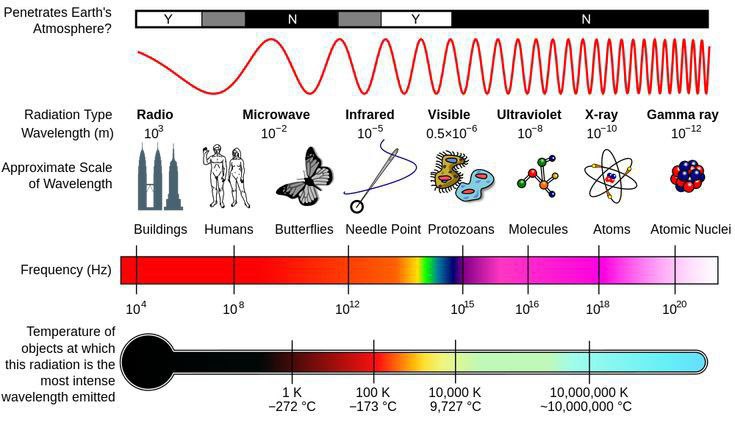
Most atomic clocks use vibrations of atoms such as caesium or rubidium. When exposed to electromagnetic radiation, these atoms resonate at a specific frequency when are placed in the microwave range. The oscillations of these atoms serve as a stable reference for measuring Time.

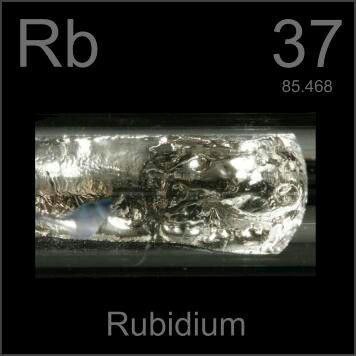
Why Do We Need Atomic Clocks?

Without an atomic clock we wouldn’t have GPS or time displayed on our cell phone screens. To make satellites in space work properly, it is very important to have atomic clock. Else there are high chances of miscommunication between ground and space instruments.
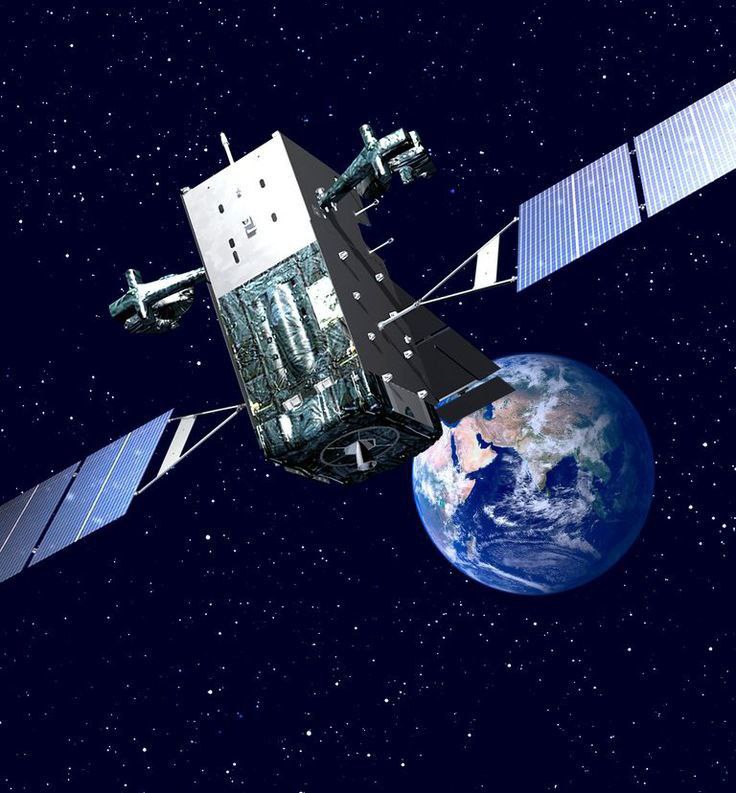
Working Principle of Atomic Clocks?
In 1955 Louis Essen, a physicist at the U.K. National Physical Laboratory, outside London, built the first atomic clock accurate enough to be a time standard.
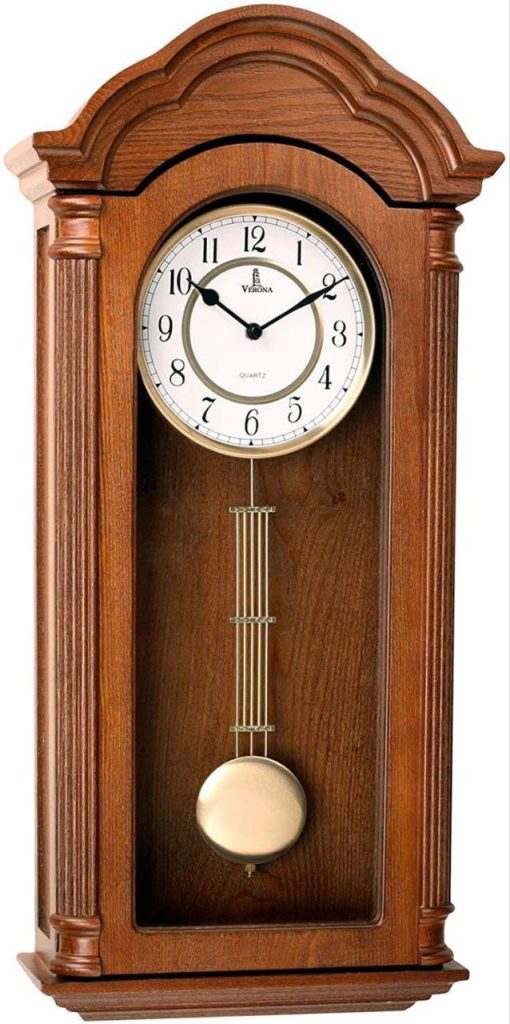
In an atomic clock, the natural oscillations of atoms act like the pendulum like we had at our grandfather’s clock. However, atomic clocks are far more precise than conventional clocks because atomic oscillations have a much higher frequency and are much more stable.
How Accurate Are Atomic Clocks?
The accuracy of atomic clocks varies and is constantly getting improved by scientist. With an expected error of only 1 second in about 100 million years, the NIST-F1 in Boulder, Colorado, is one of the world’s most precise clocks.

It is called a caesium fountain clock where lasers concentrate the atoms into a cloud, cool them down, and then toss them upwards. This method slows the atoms down, allowing for a longer measurement period and a more precise approximation of the natural frequency of the atoms.
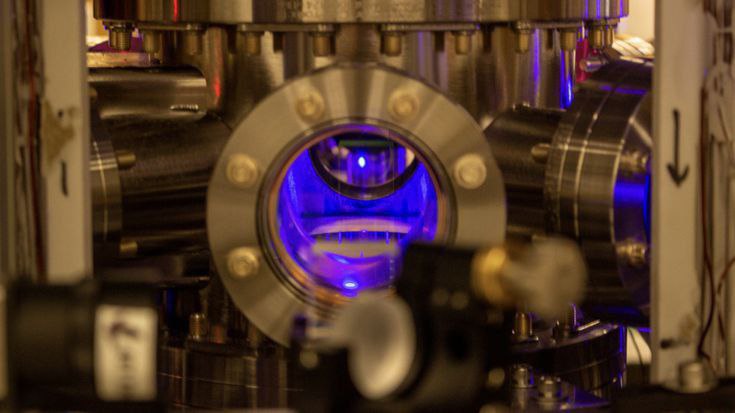
Indian Space Research Organization (ISRO) has got an important success. ISRO has developed an atomic clock that will be used in navigation satellites to measure precise location data. Currently, the space agency imports atomic clocks for its navigation satellites from the European aerospace manufacturer Astrium.
HOT TOPIC: Read more about Time Machine here
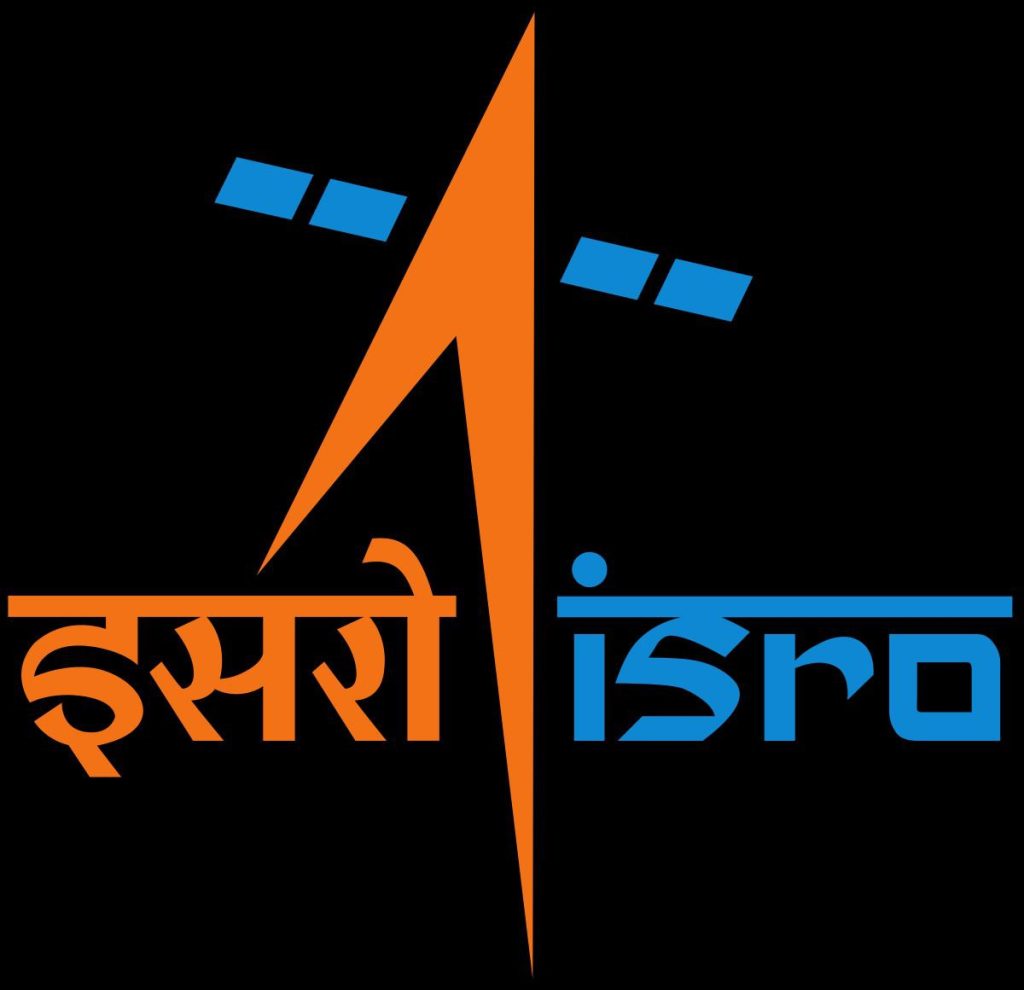
Optical Clocks :
But we have more precise and accurate clock than atomic one. That is, OPTICAL CLOCK. We would discuss this in coming blogs too.
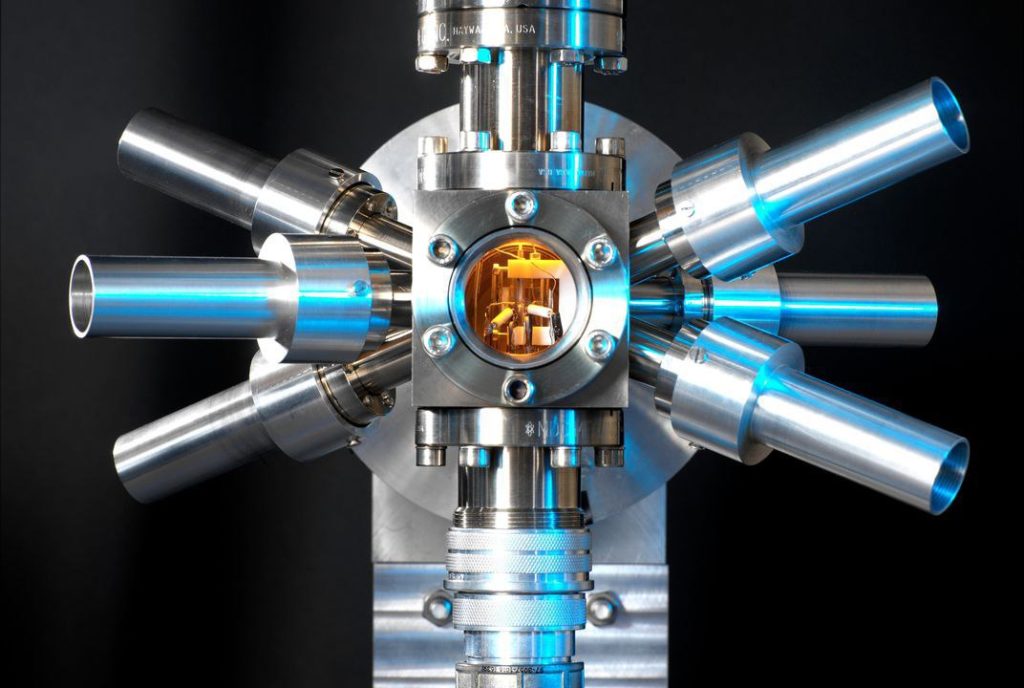
The optical atomic clock uses light in the visible spectrum to measure atomic oscillations. The resonance frequency of the light rays is about 50,000 times higher than that of microwave radiation, allowing for a more precise measurement. The expected deviation of the new optical clock is 1 second in 15 billion years.
This might dont feel that important for us in our normal lives. But, scientists relay on the time to perform experiments and here’s where clock plays an important! Hence, we are the silly humans running behind time and understand every bit of it.



One response to “What are Atomic Clocks?”
Great 👍 like always..